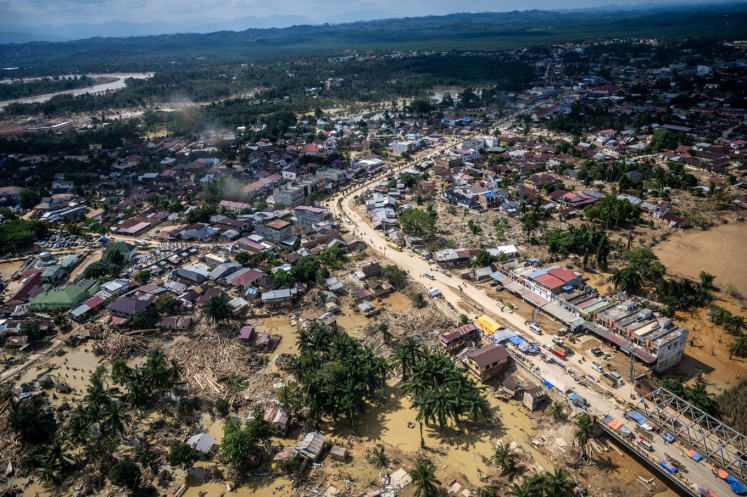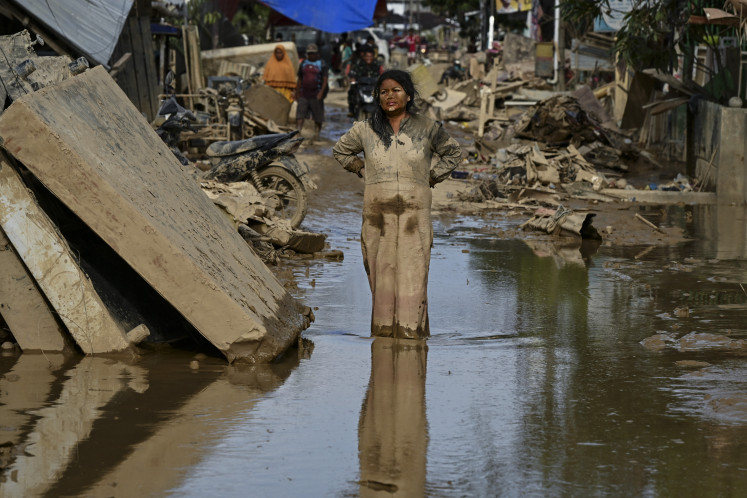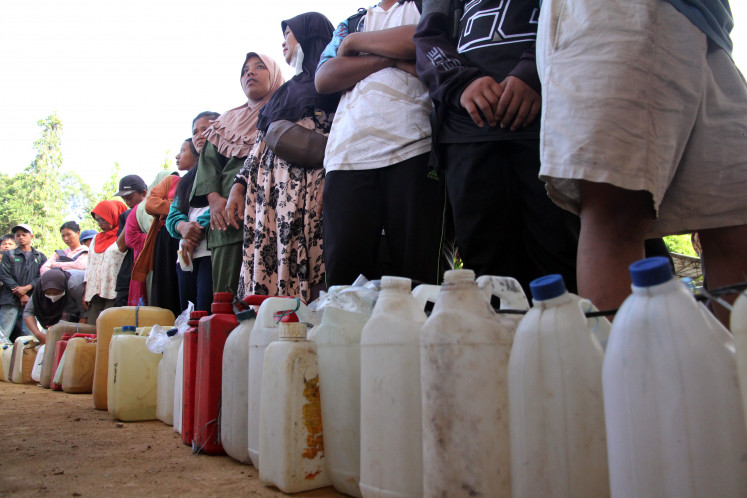Popular Reads
Top Results
Can't find what you're looking for?
View all search resultsPopular Reads
Top Results
Can't find what you're looking for?
View all search resultsINSIGHT: Overtaking right-wing populism in Indonesia?
Increasingly large numbers of people affected by the ills of unregulated globalization are drawn to populist right wing nationalism rather than mainstream liberalism and social democracy.
Change text size
Gift Premium Articles
to Anyone
W
ith the vote for Donald Trump and Brexit, it is common knowledge that increasingly large numbers of people affected by the ills of unregulated globalization are drawn to populist right wing nationalism rather than mainstream liberalism and social democracy.
This challenge applies to the Global South too. In India, for example, the Hindu fundamentalists’ identity politics is thriving along with their own private provisioning of social services and neo-liberal oriented economic policies, thus nurturing a local version of the American dream.
In the Philippines, a president was elected by promising jobs for the poor and deals with the Maoists. In Brazil, the combination of neo-liberalism and welfare programs lost popular trust in face of shrinking commodity prices, poor governance and inability to scale up local democratic participation.
Indonesia is no exception. In 2014, Prabowo Subianto was almost “making a Trump” in the presidential elections. Recently, rivals of President Joko “Jokowi” Widodo and his allied Jakarta Governor Basuki “Ahok” Tjahaja Purnama managed to get huge numbers of people out in the streets and to undermine Ahok’s support in the gubernatorial elections. The populist method was to combine antagonistic Muslim identity politics and urban poor people’s resentment against evictions. By April, right wing populism may well be victorious in the runoff election.
In such situations, is there an alternative?
According to a recent international study about the challenges of reinventing social democratic development (directed by Törnquist and John Harriss, published by NIAS-Press), the democratic movements that stood tall against European Nazis and fascists in the 1930s are now hampered by the globalization of uneven development.
This undermines regulations, increases inequalities, informalizes labor relations and weakens democratic organization and representation. Worst, many people at the downside of uneven development find no alternative but to reject the establishment.

















